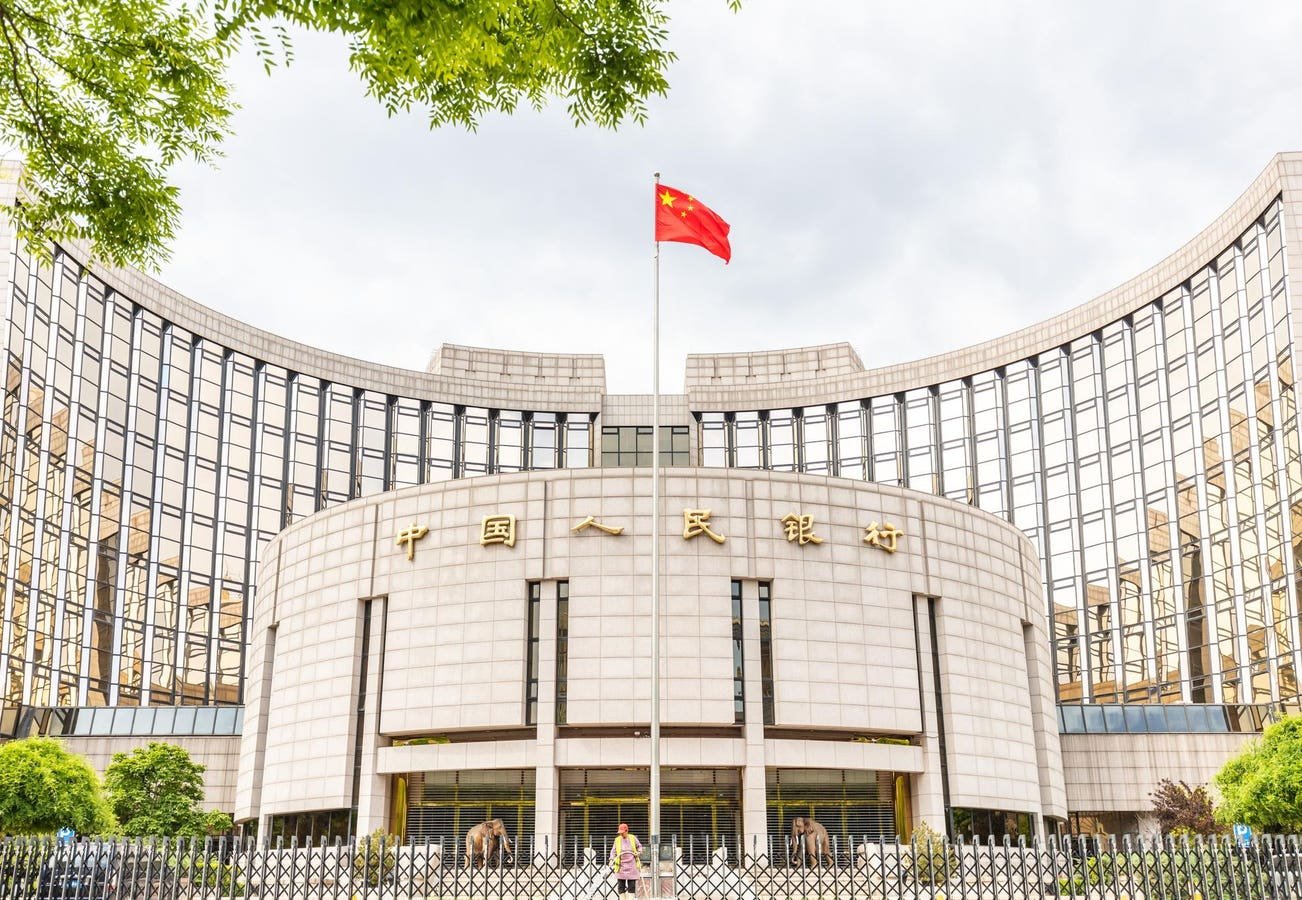- A renowned analyst plays down the possibility of the BRICS displacing the USD, pointing out three key challenges that could make this almost impossible.
- According to him, the US dollar has an inherent strength and dominance that could take decades to overcome.
Over the years, the BRICS alliance has focused on the de-dollarization strategy to stage a global power shift and attain economic independence for its member countries. Currently, the existing system is programmed to be dominated by the US dollar, which accounts for 90% of all currency trading and 100% of oil trading.
During the 14th BRICS Summit held in 2022, Russian President Vladimir Putin was reported to have disclosed that BRICS countries plan to issue a new global reserve currency. Brazilian President Luiz Inacio Lula da Silva in 2023 also questioned why the alliance cannot have a currency to finance trade relations.
Why can’t an institution like the BRICS bank have a currency to finance trade relations between Brazil, China, and Brazil and all the other BRICS countries? Who decided that the dollar was the (trade) currency after the end of gold parity?
To date, this idea has progressed, with Russian Presidential Aide for Foreign Policy Issues Yury Ushakov disclosing in March 2024 that a BRICS blockchain-based payment system is currently in the works. In a June CNF publication, it was also cited that Saudi Arabia has also planned to end its 50-year contract with the US by ceasing the use of USD for oil transactions.
Analyst Speaks on the De-dollarization Possibility
Commenting on this, Jeffrey Christian, founder of commodities research firm CPM Group, provided analytical explanations on the challenges facing countries that seek to break free from USD dominance.
Citing research findings by the Bank of International Settlements, Christian pointed out that the USD is currently involved in 88% of all daily currency transactions globally. On top of that, he disclosed that the IMF data establishes that the US dollar accounts for 60% of all foreign exchange reserves worldwide. According to him, this implies that the US dollar has unparalleled liquidity compared to other currencies. For the Chinese Yuan, for instance, Christian observed that it is less liquid and less attractive due to its strict capital control.
The second challenge cited is the US dollar’s popularity and dominance as the world’s most widely used currency. At worst, countries that forfeit the dollar in their trading activities could face huge challenges in their import and export activities, crippling their economic growth as well as trading partners.
The Analyst Cites the Economic Woes of Russia and China
Speaking on this, Christian cited Russia as one of the countries experiencing complex situations in their economic landscape triggered by the several sanctions imposed on them.
As we recently reported, President Putin has signed a law to legalize crypto mining in the country. However, this move has failed to offset the challenges of limited access to vital energy trade as well as the steady flow of the USD. According to the analyst, this could send the economy into severe recession within a year. With China facing the same problem, transactions between the two countries can take up to six months to process.
According to Christian, the last challenge faced by the BRICS countries is the inherent strength of the USD. Referring to information from the U.S. dollar index, the analyst stated that the dollar has gained about 40% strength since 2011. Comparatively, currencies like the Yuan have severely depreciated against the dollar within the same period.
Advising investors to remain calm, Christian believes it could take decades for the BRICS and any other body to displace the USD if it ever happens.
You have these massive impediments to moving toward a less dollar-dependent international currency regime. It’s not impossible, but it’s either going to take decades to execute or it’s going to come at the end of a very enormous global economic and financial collapse that I just don’t see happening.
No spam, no lies, only insights. You can unsubscribe at any time.







